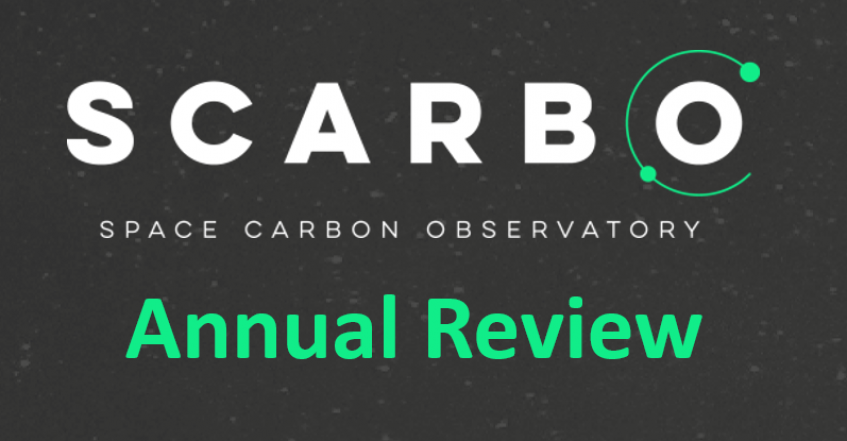
SCARBO Annual Review
On 6 February the SCARBO consortium met in Toulouse for the traditional Annual Review of the project. This provided a fantastic opportunity to showcase the project’s achievements from the last year to the European Commission and the independent reviewer. In addition, the meeting enabled open discussion of some of the most challenging obstacles facing the project.
Proposed SCARBO Applications
Whilst the global CO2 monitoring applications of SCARBO are well defined (you can find out more on what’s intended here), the potential for localised applications is less clear. The SCARBO team is actively engaging future users to identify niche localised applications where carbon monitoring data would provide significant added value. Focusing on high added value sectors will enable SCARBO’s payload to be more highly specialised and effective for these applications. Some proposed applications include providing carbon monitoring data to support trading on the carbon financial markets as well as monitoring pipelines, mineshafts and landfills for methane leaks or emissions. The SCARBO team also discussed the possibility of using SCARBO to monitor local industrial areas; however, due to pre-existing local carbon monitoring and reporting techniques, this application is not well suited to satellite-based monitoring.
Technical Challenges
One of the key technical challenges facing satellite-based carbon monitoring is the presence of aerosols within the atmosphere. Aerosols scatter light, reducing the accuracy of carbon monitoring by satellite. To resolve this, SCARBO intends to fly aerosol measurement sensors in tandem with the carbon monitoring sensors. By assessing aerosol levels, it is possible to adjust for the light scattering and to provide an accurate measurement of the carbon levels. We will be covering some of the other technical challenges of SCARBO in future news stories, so be sure to check in regularly to stay up to date.
Sensor Testing
An experimental flight campaign is planned for May 2020 to test the proposed SCARBO instrumentation known as “NanoCarb”. This will be undertaken using the heavily modified Falcon-20 research plane operated by SCARBO’s partner SAFIRE, which is highly customisable and has been used for a variety of science missions including storm chasing!


